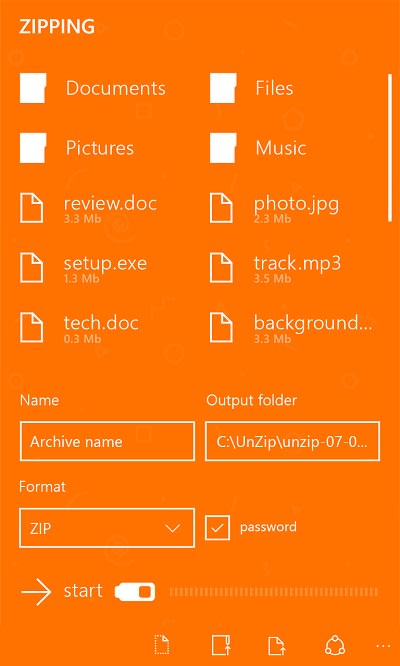

In addition to Zittrain's focus on the proliferation of proprietary technologies, we suggest that platform infrastructures create specific conditions for the emergence of app ecologies and that apps and platforms are mutually dependent on a technological and economic level. This broader development from 'generative' technologies to 'tethered' devices and services has been referred to as 'appliancization' by Jonathan Zittrain (2008).


Whereas the web was set out to function as a 'generative' and open technology facilitating the production of unanticipated services and applications, the growing popularity of social media platforms, and mobile apps is characterised by proprietary services that facilitate accessibility but obstruct transparency, tinkering, adjustment, and repurposing. The panel engages with conceptual and methodological challenges within a specific area of 'internet rules', namely the space of mobile apps. We conclude with nine propositions that develop out of these studies as prompts for further research. This article offers an overview of four different entry points of enquiry that are exemplary of this multi-situated approach, focusing on app stores, app interfaces, app packages, and app connections. Therefore, engaging with and even staging these situations allows for political-economic, social, and cultural dynamics associated with apps and their infrastructures to be investigated through a style of research we describe as multi-situated app studies. The changing situations they evoke and participate in, accordingly, make apps visible and accountable in a variety of unique ways. Our approach involves close attention to the multivalent affordances of apps as software packages, particularly their capacity to enter into diverse groupings and relations depending on different infrastructural situations. This article discusses methodological approaches to app studies, focusing on their embeddedness and situatedness within multiple infrastructural settings.


 0 kommentar(er)
0 kommentar(er)
